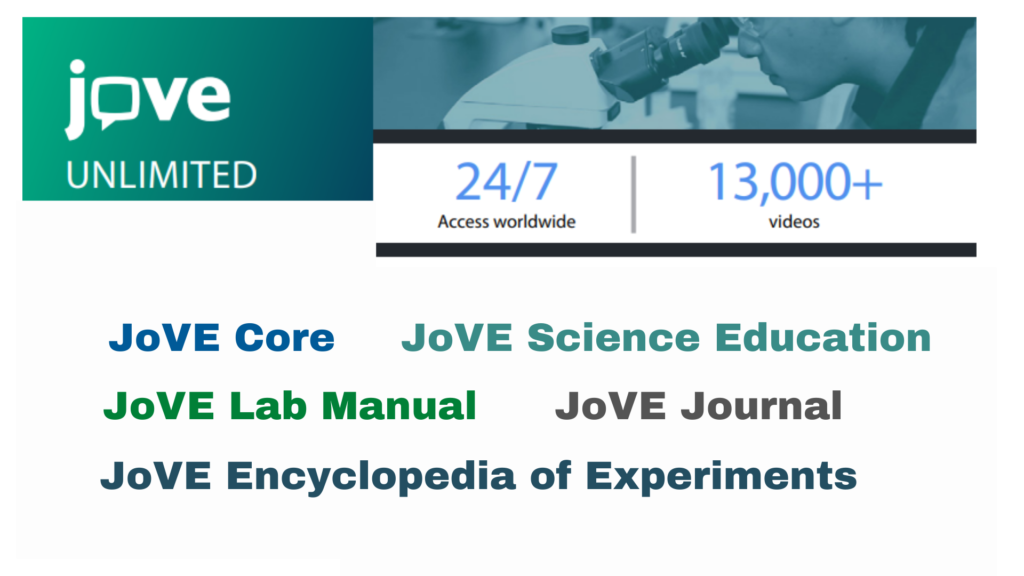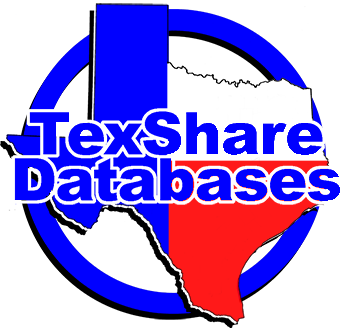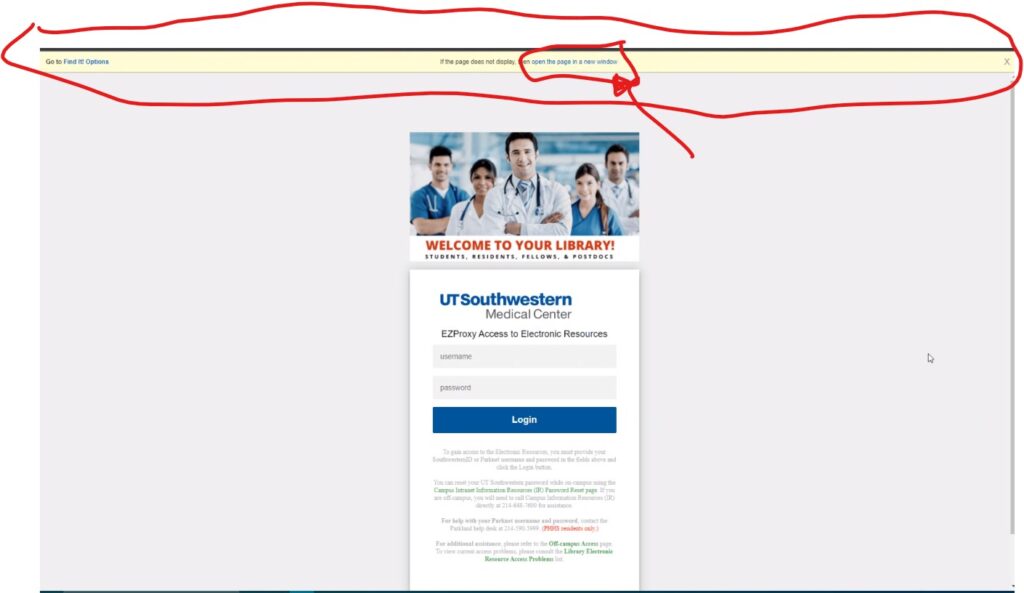The MyAccess profile is free to create and available on all of McGraw Hill’s medical Access platforms. This profile creates a personalized experience by unlocking the ability to bookmark content, interact with review Q&A and cases, and receive alerts about new content additions.
Another benefit of a MyAccess profile is the ability to go directly to the site (e.g., www.AccessMedicine.com) to access it remotely.
If you see a message that your remote access has expired, connect to the UTSW subscription either from on campus or while using VPN or EZproxy and then log into your MyAccess profile.
Category Archives: Electronic Journals
Explore JoVE Unlimited
Our JoVE Unlimited subscription includes more than 14,000 videos across multiple STEM disciplines and counting. In 2021 alone, JoVE produced 1,085 new high-quality videos demonstrating scientific experiments and concepts for research and education. In 2022, JoVE Unlimited will be adding:
- JoVE Core video textbooks which includes Statistics, Physics, Organic Chemistry, and Cell Biology.
- New JoVE Encyclopedia of Experiments: Cancer Research collections, which includes Gastrointestinal Cancers, Head and Neck Cancers, and Urinary Tract Cancers.
- More than 1,000 videos on advanced research methods in JoVE Journal.

TexShare databases provide wide variety of resources

In addition to its extensive medical/health sciences collection of journals, books and databases, UT Southwestern Health Sciences Digital Library and Learning Center participates in the TexShare Databases Program (coordinated by the Texas State Library and Archives Commission). These databases provide access to more than 27,000 journals and magazines, over 171,000 ebooks, and over 15 million images, videos, and interactive resources in both medical/health sciences and non-medical/health sciences disciplines, such as business, career resources, education, genealogy, general studies, law, general studies, and much more! To access, click on TexShare Databases under Popular Links on the Library’s home page.
Having trouble accessing an article we subscribe to?
We have had reports of clients unable to access certain articles available in our collection when using EZproxy and VPN. The EBSCO platform has also had access issues reported. While we are in the process of updating EZproxy, and evaluating the issues reported. Here are some recommendations during this transition:
- Use Desktop VPN (this link goes to the UTSW Information Resources internal site page) vs. browser-based Pulse Secure Connect, which you initiate when logging into MyUTSW.
- Make sure your Desktop VPN is the current version. (Older versions have been problematic with some of our resource platforms).
- Make sure your browser(s) are updated to their current versions. Some platform upgrades do no support earlier browser versions like Internet Explorer.
EBSCO Article Retrieval Issues
EBSCO is going through a security upgrade during the next couple months. Using the “open the page in a new window” yellow bar (see image below) is necessary for accessing these articles. If you are having trouble, look for the yellow bar link in the center at the top of your browser.

Please report any issue with article retrieval to Liberesources@utsouthwestern.edu with the citation information.
We apologize for any inconvenience and are doing our best to fix the issue.
Texas universities join forces to negotiate their future
New coalition seeks lower costs and greater access to research.

Twenty-seven universities across Texas have joined forces as the Texas Library Coalition for United Action (TLCUA) to think creatively about access to faculty publications and the sustainability of journal subscriptions. TLCUA has organized to identify the best way to change current models and the relationships between academic institutions and publishers. The goals of the Coalition are ambitious – improved access to scholarship, greater control over faculty content, and pricing models that are sustainable for strained library budgets in higher education.
The sustainability of providing scholarly research at ever-increasing costs is putting these academic libraries in difficult positions as they work to offer access to scholars on their campuses.
“We are nearing a tipping point where we can no longer continue under the current business model,” said Sara Lowman, Vice Provost & University Librarian at Rice University and chair of the Coalition Steering Committee. “We want to come up with solutions that benefit everyone involved: the taxpayers and others who fund our research, the professors who conduct the research, the publishers who disseminate our research findings, and people around the world who benefit from research conducted in Texas.”
Technology has provided greater opportunities for wider availability of resources, and the Coalition wants those opportunities to be reflected in agreements that will benefit all academic libraries whether public or private, urban or rural.
The Coalition has begun its mission by entering into dialog with academic publisher Elsevier. They hope that through positive engagement and mutual understanding, an improved and sustainable model for the dissemination of scholarship can be achieved.
“We value the content in Elsevier journals and look forward to working with Elsevier to come to a mutually beneficial agreement,” Lowman said.
Elsevier is the world’s largest publisher of scholarly work, with 70 offices in 24 countries. It publishes 2,500 journals, including The Lancet and Cell, covering topics in medicine, biology, psychology, business, and more. Elsevier has been involved in a number of negotiations with US universities recently, including the University of California system, California State University, Carnegie Mellon University, Louisiana State University, Massachusetts Institute of Technology, and Washington University in St. Louis.
The Coalition institutions collectively have more than 397,000 students and 25,000 faculty. Their Elsevier subscriptions represent a significant investment estimated at over $20 million. By these and other measures, the Coalition represents one of the largest and most diverse U.S. collective negotiation consortia of its kind.
The current members of the Texas Library Coalition for United Action are:
- Angelo State University
- Baylor University
- Lamar University
- Prairie View A&M University
- Rice University
- Sam Houston State University
- Stephen F. Austin University
- Sul Ross State University
- Tarleton State University
- Texas A&M International University
- Texas A&M University (College Station)
- Texas A&M University-Central Texas
- Texas A&M University-Commerce
- Texas A&M University-Corpus Christi
- Texas A&M University-Kingsville
- Texas A&M University-San Antonio
- Texas A&M University-Texarkana
- Texas State University
- Texas Tech University (Lubbock)
- Texas Tech University Health Sciences Center El Paso
- Texas Tech University Health Sciences Center Lubbock
- University of Dallas
- University of Houston
- University of Houston Clear Lake
- University of Houston Downtown
- The University of Texas Southwestern Medical Center
- West Texas A&M University
Library launches Responsible Literature Searching Guide

Help! Where do I start to search the biomedical literature? Is my search comprehensive and sufficiently diligent?
Performing a literature search is similar to taking a trip. Users need to understand the purpose of the trip, plan how to reach the destination, and be able to take alternate routes, as well as retrace their steps if they need to return to the original starting point.
The new Responsible Literature Searching Library Guide provides the searcher with that all-important roadmap! In addition to reviewing the roles of both the searcher and the librarian in the search process, the guide divides the search process into a series of steps and includes search worksheets, practical tips, and a glossary. This design allows the user the flexibility to either review the entire guide or focus specifically on specific steps of the literature search process. To be applicable across the diverse range of databases, the guide provides a general review of the steps. For database-specific information, the user can link to database guides.
We want to hear from you! User feedback is invaluable as we continue to refine the guide! Please complete the six question survey. For questions or to schedule an appointment with UT Southwestern librarian, use the Ask Us form.
New: COVID-19 Resources Library Guide
In the past few months, there has been a vast amount of biomedical information produced about COVID-19. The Health Sciences Digital Library and Learning Center has created a new COVID-19 Resources Library Guide to quickly refer the UT Southwestern community to high-quality – i.e., primarily clinical and research – information about COVID-19. The guide includes:
- Recommendations for searching PubMed
- Expanded resources from existing subscriptions
- COVID-19 tracking dashboards
- Related open access resources
The COVID-19 Resources Library Guide supplements but does not supersede the COVID-19 information provided by the UT Southwestern Emergency Operations Center. The Guide will be updated as the COVID-19 information landscape evolves. Please email the Library if you have identified other key resources that we should consider for inclusion.

Wall Street Journal online access now available

The Library has recently acquired a Wall Street Journal academic institution subscription. One-time registration is required to access WSJ online, and you must use your utsouthwestern.edu email address.
Once registered, you may use a variety of features including:
- WSJ app access
- WSJ+
- WSJ Podcast
- WSJ Newscast
For more subscription information, contact Liberesources@utsouthwestern.edu.
New York Times web access now available

The Library has recently acquired the New York Times. This web access subscription is only available on-campus with UT Southwestern IP ranges. No access will be available off-site or via EZProxy. New York Times archival content is still available via a separate UT System license from ProQuest without access stipulations.
For more subscription information including temporary remote access passes, contact Liberesources@utsouthwestern.edu.
Consensus Definition for Predatory Journals

In 2019, leading scholars and publishers crafted the following consensus definition:
“Predatory journals and publishers are entities that prioritize self-interest at the expense of scholarship and are characterized by false or misleading information, deviation from best editorial and publication practices, a lack of transparency, and/or the use of aggressive and indiscriminate solicitation practices.”1
In addition to stating the definition, the commentary in the Nature December 2019 issue describes the process taken to achieve consensus and next steps.
Efforts to fight predatory publishing require collaboration and support. In 2019 the Library added Cabell’s Predatory Journals as an additional resource to be used in combination with a checklist to assist researchers/authors make an informed decision about where to publish.
Questions? Feedback? Use the Ask Us form or call 214-648-2001 Monday – Friday, 8:00 am – 5:00 pm.
REFERENCES
1. Grudniewicz A, Moher D, Cobey KD, et al. Predatory journals: no definition, no defence. Nature. 2019;576(7786):210-212.
